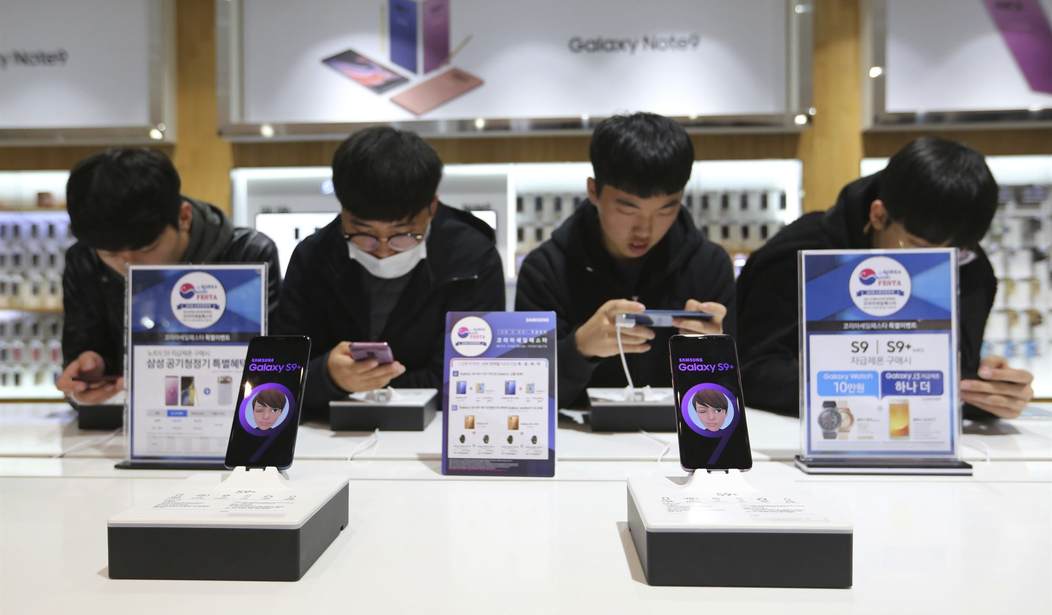California Gov. Gavin Newsom sent letters Tuesday to school districts, urging them to “act now” to help students do well in school by restricting their smartphone use.
“Every classroom should be a place of focus, learning, and growth," Newsom, a Democrat, said in his letter. "Working together, educators, administrators, and parents can create an environment where students are fully engaged in their education, free from the distractions on the phones and pressures of social media.”
In San Francisco, the smartphone ban got off to a very rocky start. At Mt. Diablo and Ygnacio Valley High School in Concord, students are now required to store their devices in Yondr pouches that lock a phone in until the student leaves the school for the day, The students are responsible for bringing the pouches to school every day in good condition. Losing them isn't cheap; it costs $50 for a replacement.
The pouches were distributed to students at the start of the year, but the first few days have been anything but smooth. Mt. Diablo senior Niki Klosinski told ABC7, “It’s completely wreaking havoc,”
Kids are getting in trouble for having phones even though, according to Klosinski, there are not enough pouches for the entire student body yet.
Yondr was founded 10 years ago in San Francisco by Graham Dugoni, whose goal was to encourage more face-to-face interaction by removing cellphones as a distraction.
“When everyone is fully ‘there’ and they’re not worried about what’s happening in other places, and texting and taking pictures of each other, it completely changes the environment,” Dugoni told KTVU.
Yondr pouches are now in thousands of schools across 27 countries, according to the company’s website. The pouches have also been used during social events and performances, including Dave Chappelle’s comedy show last year in San Francisco.
Civil liberties advocates and libertarians say that cell phone bans are a drastic solution. Well, yes. Yes, they are. They suggest incorporating cell phones into the classroom to create a "digital education." Of course, that won't stop kids from using them for other purposes so in reality, it's no solution at all.
Helping young people explore their own power to make choices ( to use or not use their phones), have a feeling [of] control over their lives (and their digital identities) and shape their world positively (through who/what they follow) trumps blanket bans and fearful reactions. Giving young people a sense of control (not in totality, but with information/education and some space to exercise it) builds trust, builds their capacities and their self-efficacy.
If the social media sites kids use are actually addicting, then what? All the "choices" in the world won't matter.
Related: Society of Plastic Surgeons Becomes First Medical Association to Challenge 'Gender Affirming Care'
What this comes back to — as does almost everything having to do with children — is parental supervision. Was the time that I grew up so different from now? In many ways yes. But television was just as addicting as any social media site, and my parents made sure that I was very limited in the number of hours I could watch. Sports were an exception, but me and my brothers and sisters were allowed just two hours a night and three hours on weekends for TV watching. I never felt deprived or left out.
Frankly, I cannot imagine what modern parents have to deal with. The over-sexualization and violence in the culture, drugs, and the siren call of gangs — these are things unknown to most parents when I was a child.
Parenting is more difficult today but not impossible. The cell phone conundrum could use some input from parents.










Join the conversation as a VIP Member